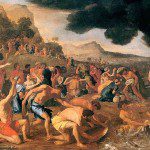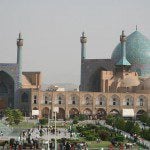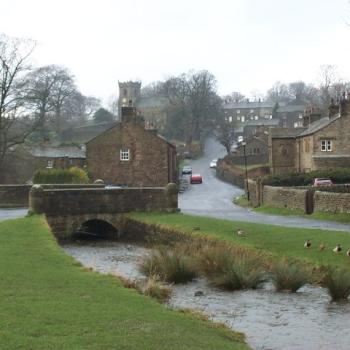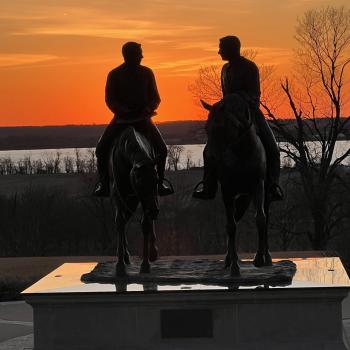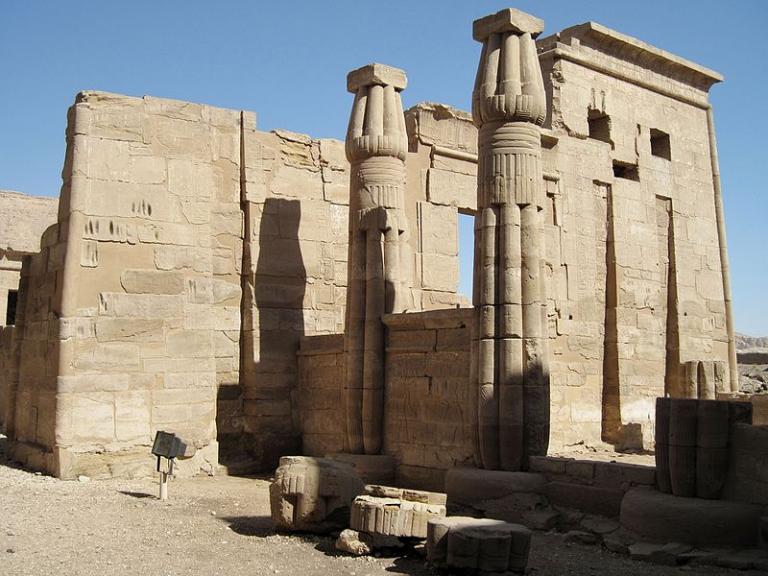
Conference Talks: The Two Ways in Ancient Egyptian Religion and Israelite Temple Theology, presented at the 2018 Temple on Mount Zion Conference by John Thompson
The fourth “Temple on Mount Zion” Conference was held on Saturday, November 10, 2018 in the Tanner Building at Brigham Young University, Provo, Utah.
The presentations were filmed, and both video and audio recordings of each presentation are available. The videos are currently available both at https://interpreterfoundation.org/conferences/2018-temple-on-mount-zion-conference/2018-temple-on-mount-zion-conference-videos/and on the Interpreter Foundation YouTube channel at https://www.youtube.com/c/theinterpreterfoundation. A YouTube playlist is also available at https://www.youtube.com/playlist?list=PLRMn4gyXMWLsWt34zVNC5FmTqBtFfcnxl. The audio recordings are available at https://interpreterfoundation.org/conferences/2018-temple-on-mount-zion-conference/2018-temple-on-mount-zion-conference-audio/.
During 1988, 1989, and 1990, Hugh Nibley taught Honors Book of Mormon classes for four semesters at Brigham Young University. The lectures were video-taped and audio cassettes and printed transcripts were made of the lectures. We believe these recordings will be interesting to listen to and valuable to your Come, Follow Me study program this year. Each week, we will include the lectures covering the Book of Mormon chapters being studied that week.
This week, we have lectures 14 and 15, covering 1 Nephi 15-19 and 22.
All 112 lectures are immediately available in PDF, audio, video, and electronic formats, as well as in paperback books that are available for purchase. Links for all of the available online sources can be found in the Complete Bibliography for Hugh Nibley at https://interpreterfoundation.org/bibliographies/hugh-w-nibley/lectures/.
The Book of Mormon in Context Lesson 5: “I Will Prepare the Way before You”: 1 Nephi 16-22
In the 7 January 2024 Come, Follow Me segment of the Interpreter Radio Show, Spencer Kraus, Martin Tanner, Hales Swift, and Brent Schmidt discussed Book of Mormon lesson 5, “I Will Prepare the Way before You” on 1 Nephi 16-22. That discussion, liberated from commercial interruptions, has now been archived and made available for your listening pleasure. The other segments of the January 7 radio show can be accessed at https://interpreterfoundation.org/interpreter-radio-show-january-7-2024.
The Interpreter Radio Show can be heard Sunday evenings from 7 to 9 PM (MDT), on K-TALK, AM 1640, or you can listen live on the Internet at ktalkmedia.com.
Editor’s Note: Four years ago, Jonn Claybaugh began writing the Study and Teaching Helps series of articles for Interpreter. We now have these wonderful and useful posts for all four years of Come, Follow Me lessons. Beginning this year we will be reposting these articles, with dates, lesson numbers, and titles updated for the current year’s lessons. Jonn has graciously agreed to write new study aids for those lessons that do not directly correspond to 2020 lessons.
An occasional reader of this blog who (I’m guessing) would probably prefer that I not name him here has called my attention to two relatively short videos featuring the Oxford mathematician and Christian apologist John Lennox. I’ve enjoyed several prior speeches and debates from Dr. Lennox, and, despite the rather hyper-enthusiastic first title, I look forward to watching these, as well:
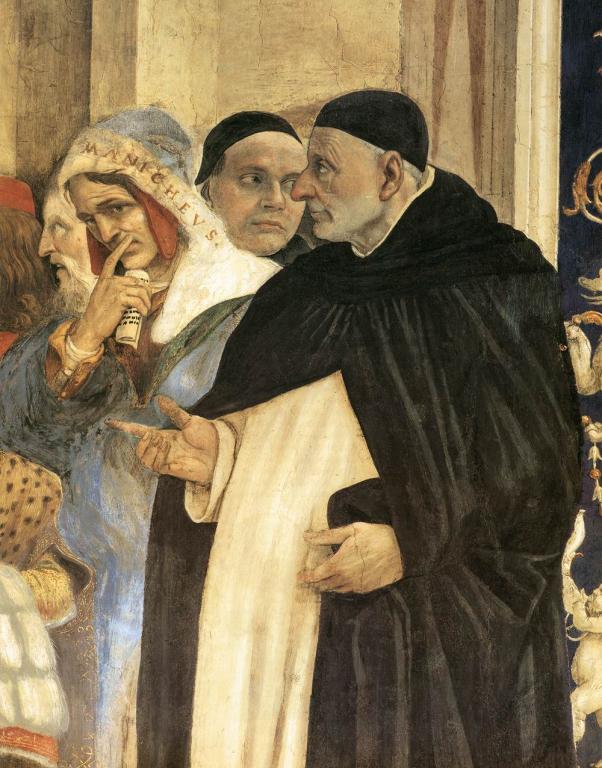
I call your attention to an interesting article in the Deseret News. (Other outlets have also picked the story up already, but they are all, thus far, situated behind pay walls.). Here it is: “Survey offers new answers to an old question: What do religious ‘nones’ believe? You’ve heard of the rise of the nones. But do you really know who they are?”I offer some quotations from it, with commentary:
- “For the first time in decades, the rise of religiously unaffiliated Americans is slowing and potentially reversing course.”
If this is true, I’m not especially surprised at it — such things tend to be cyclical and, for many people, I would expect, a life lived without larger meaning and without a sense of community can easily become its own antidote — though I could not have predicted its timing. (I recall a historian of modern Europe confidently predicting to me, several decades ago, that the secularization of that continent would eventually reverse itself as Europe recognized its own hunger and emptiness; the reversal has not yet taken place.).
There are, of course “obstacles that stand in the way of those working to bring [the ‘nones’ back] to church,” but there are also, according to the Pew Foundation survey data discussed in the article, “many positive links that exist between religiously unaffiliated Americans and organized religion.”
- “The label [‘nones’] implies, at least to some Americans, that nones have no attachment to religion. In reality, the nones are a complex group with varied ideas about God, spirituality and religious institutions. They’re linked together not by a shared set of beliefs, but by what they say when asked about their religious affiliation. “Religious ‘nones’ are people who describe themselves as atheist, agnostic or ‘nothing in particular’ when asked about their religious affiliation in our surveys,” Pew’s report explains. Among the 28% of U.S. adults who fall into the broad category of nones, [only] 17% identify as atheists, 20% as agnostics and 63% as “nothing in particular,” Pew found. . . . Fully 7 in 10 nones say they believe in God or a higher power and 63% believe there’s something spiritual beyond the natural world, according to the survey.”
To me, at least, the fact that at least 83% appear to be potentially open for some sort of “religion” is encouraging, and I remind you again in this context of Gary Lawrence’s stimulating book Millions Believe As We Do, which I briefly discussed here in this space back on 3 January 2024.
- “Although much of the debate around nones centers on whether they’ll become religiously affiliated in the future, a growing group of community leaders is worried about their civic participation more broadly. The fear is that when people drop out of organized religion, they also drop out of other social groups.”
Since religiously-affiliated people have a strong record of charitably giving and community involvement, we have reason to believe that private philanthropy, charity, and civic participation will be diminished to the extent that religious commitment declines, to say nothing of the mental health issues that ensue upon social isolation. Meaning that, most likely, the government will need to intervene in order to maintain the social safety net.

Here’s a new item that has been retrieved from the Christopher Hitchens Memorial “How Religion Poisons Everything” File™: “In Cambodia, Elder Renlund Visits Prime Minister and Ministers to Saints:Apostle also announces US$2 million donation for a heart hospital in Siem Reap.” (It might be worth keeping the fact in mind that Elder Renlund is himself a retired cardiologist.)



